Find Help
More Items From Ergsy search
-
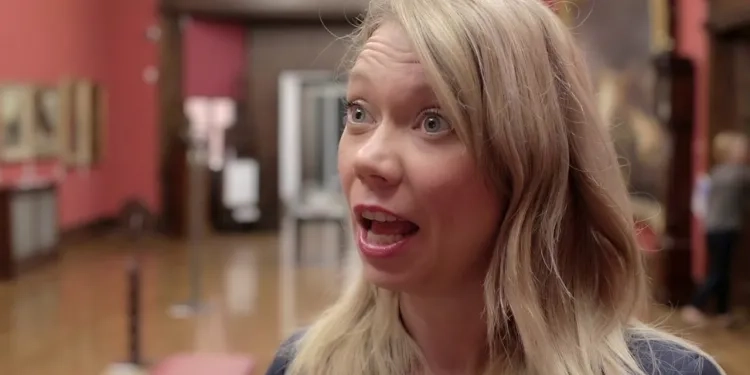
Social Prescribing
Relevance: 100%
-
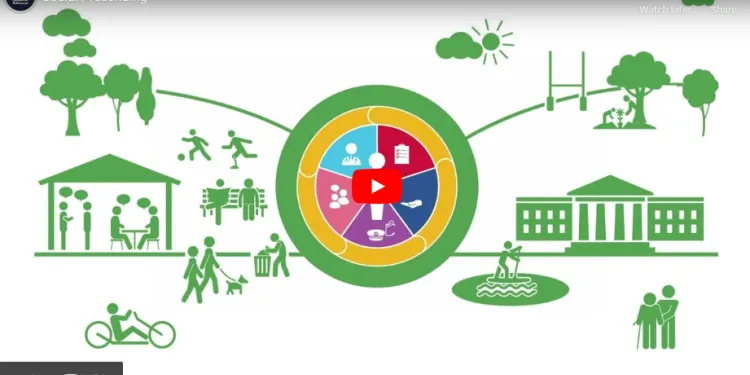
Social Prescribing
Relevance: 100%
-
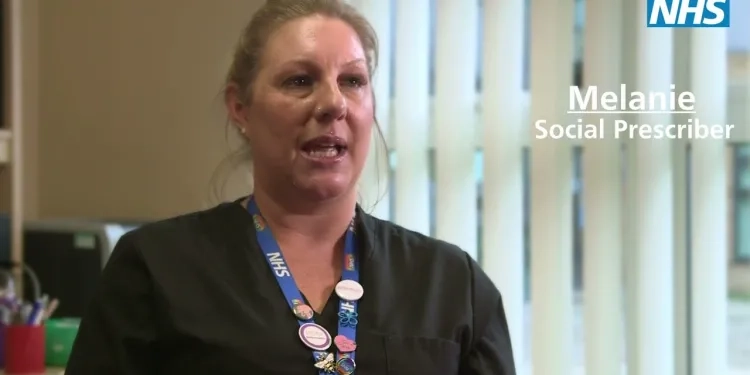
What is a social prescriber?
Relevance: 94%
-
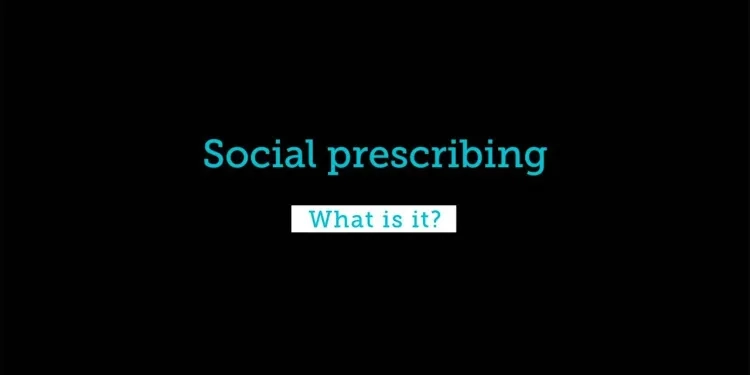
Social prescribing – what is it?
Relevance: 94%
-
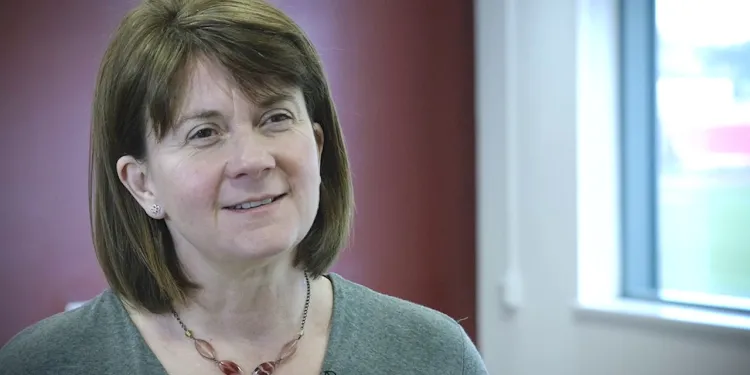
Social prescribing in practice: supporting social prescribing link workers
Relevance: 94%
-
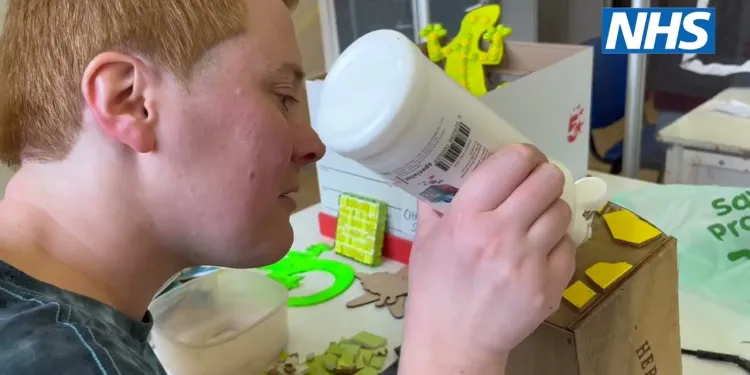
Social Prescribing in Greater Manchester
Relevance: 89%
-
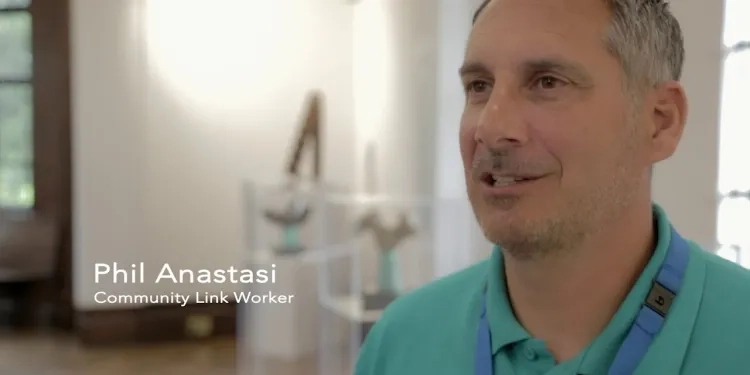
Introducing Social Prescribing - short video
Relevance: 86%
-
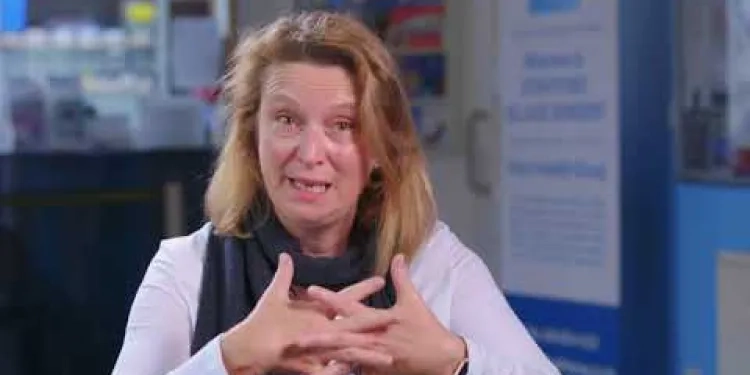
Social prescribing in south east London
Relevance: 85%
-
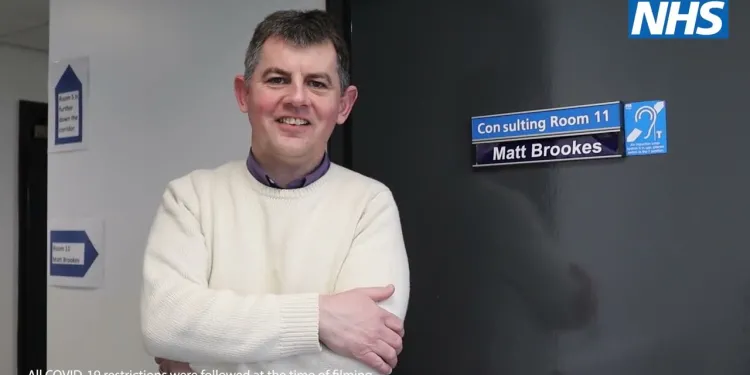
What is a social prescriber, and how do they support general practice?
Relevance: 78%
-
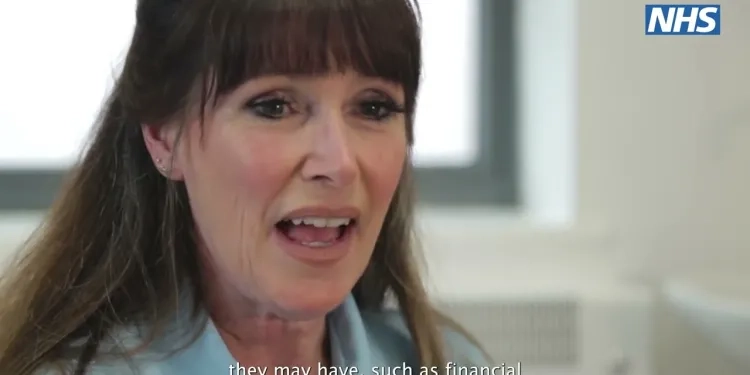
How can a Social Prescribing Link Worker help you? #MeetYourGPTeam
Relevance: 73%
-
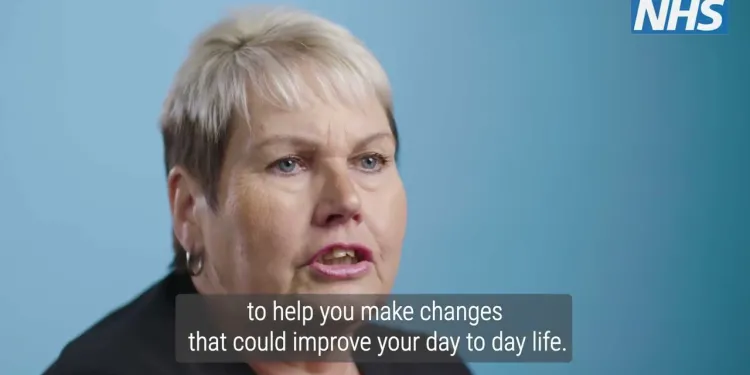
Social Prescribing Link Workers are part of new health and wellbeing services in NHS surgeries
Relevance: 69%
-

Do chiropractors prescribe medications?
Relevance: 50%
-
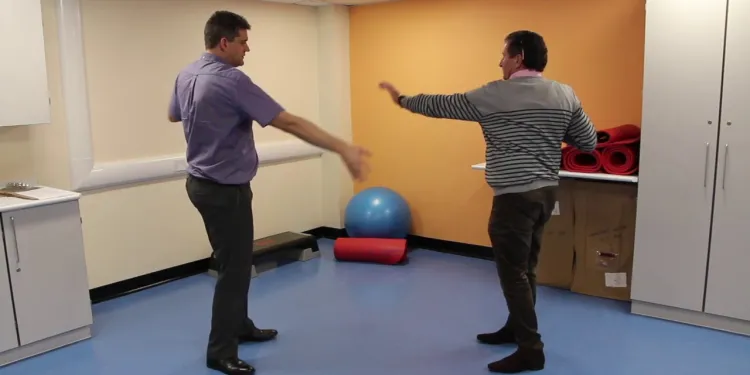
Sean's Story - There is another way. Information for prescribers
Relevance: 45%
-
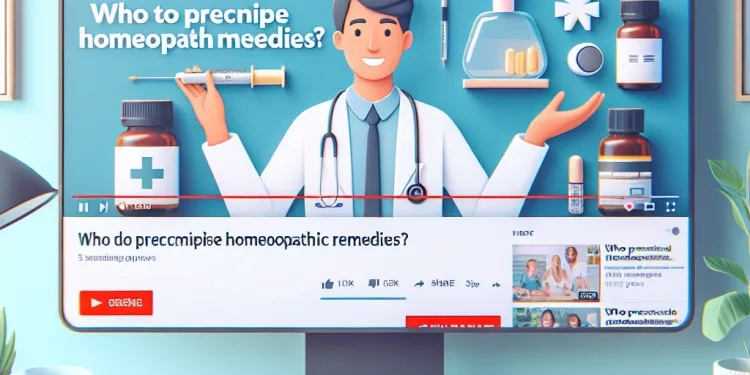
Who can prescribe homeopathic remedies?
Relevance: 45%
-
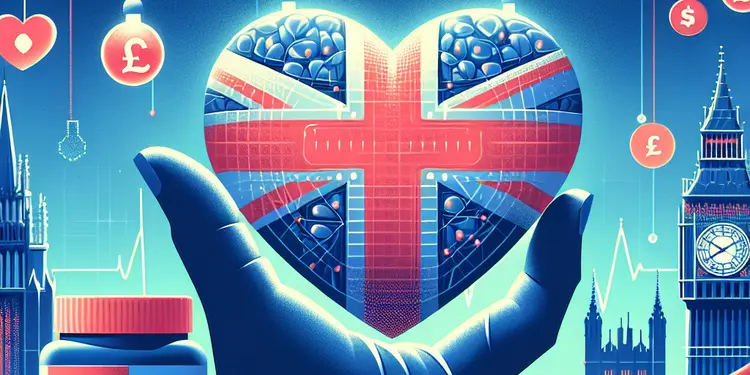
What medications are commonly prescribed for heart failure?
Relevance: 42%
-
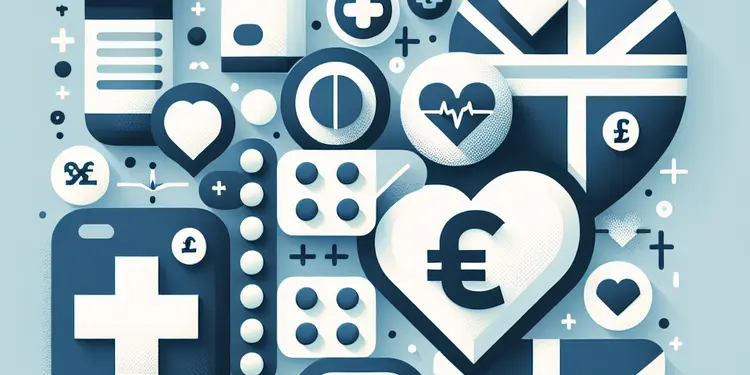
What drugs are commonly prescribed to reduce the risk of heart attacks?
Relevance: 40%
-
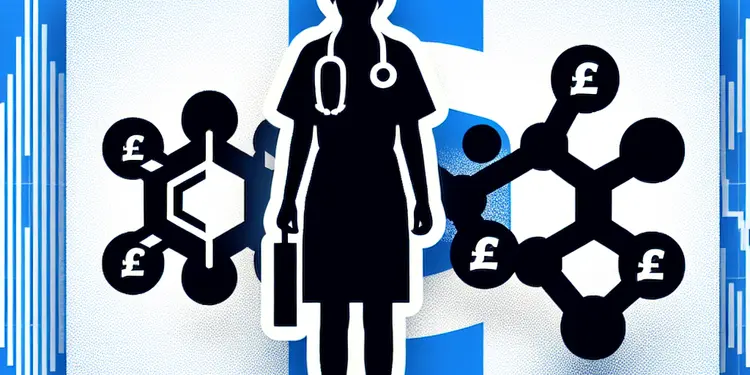
Can ketamine be prescribed for mental health conditions?
Relevance: 37%
-
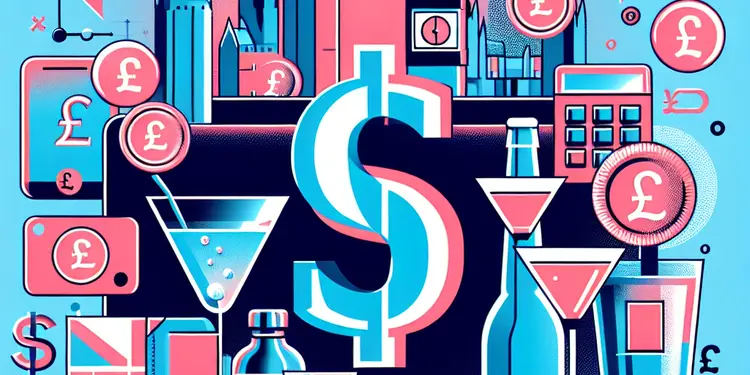
What are the social consequences of binge drinking?
Relevance: 37%
-
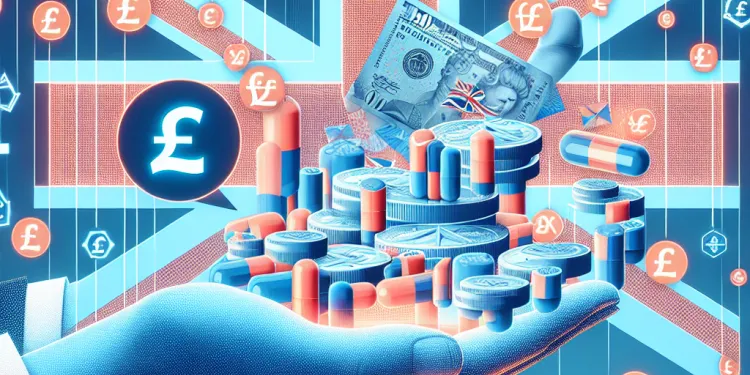
Who might be prescribed Baxdrostat?
Relevance: 37%
-
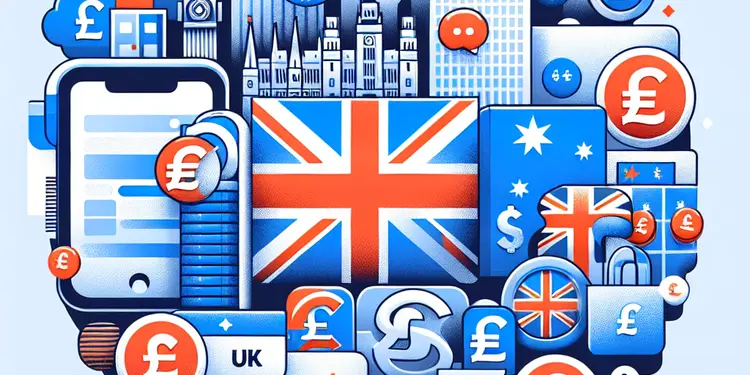
Is there public support for the social media ban in Australia?
Relevance: 35%
-

Submitted Addressing Social Inequalities: Initiatives and Challenges in the UK
Relevance: 35%
-
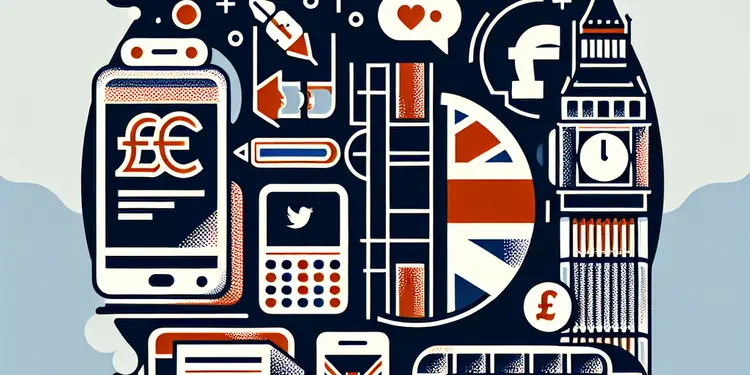
Are there any criticisms of the social media ban for children?
Relevance: 35%
-
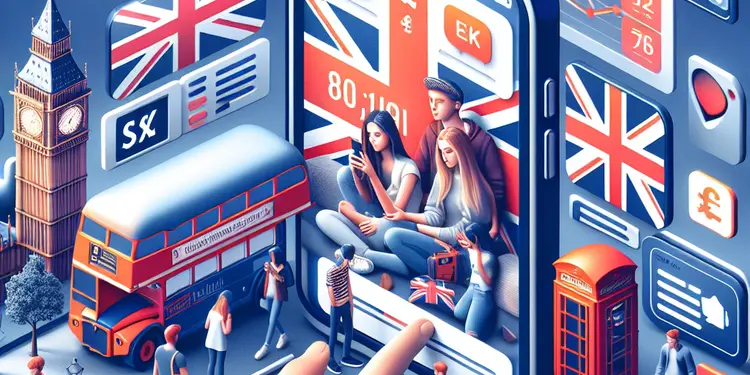
Is the UK introducing a Social Media ban for under 16's?
Relevance: 35%
-
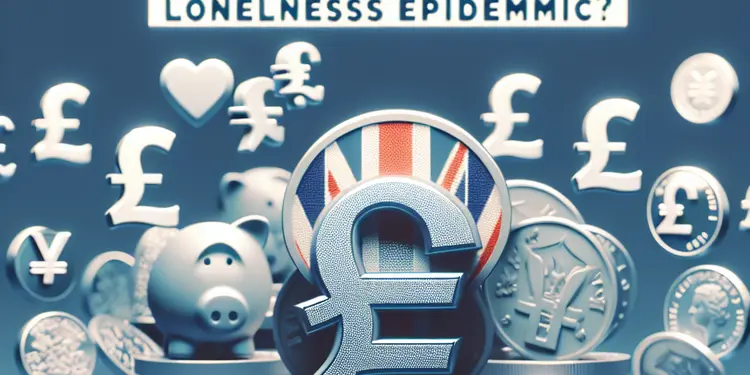
How does social media contribute to the loneliness epidemic?
Relevance: 34%
-
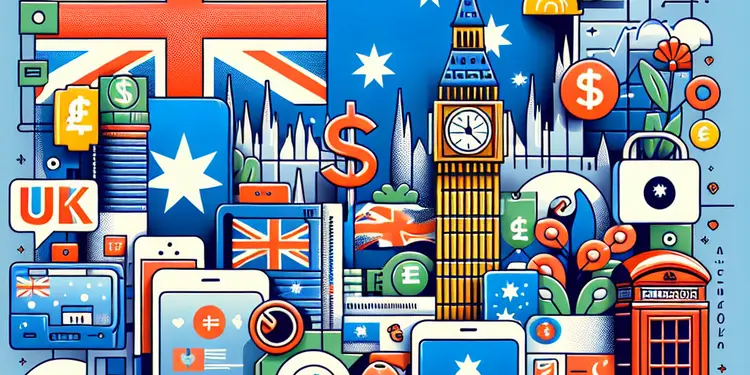
What is the social media ban for children in Australia?
Relevance: 34%
-
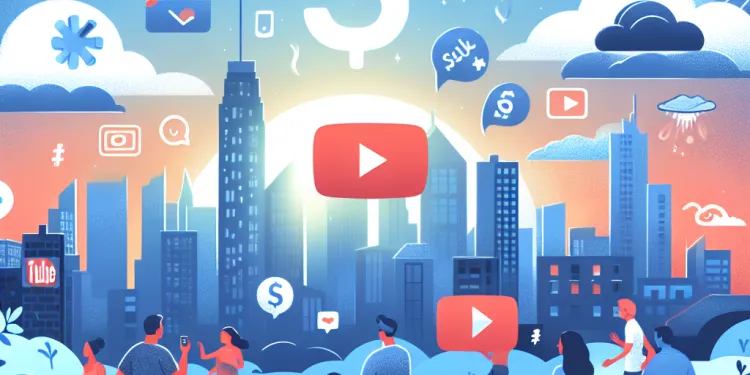
Strategies for Reducing Loneliness and Social Isolation in Urban Areas
Relevance: 34%
-
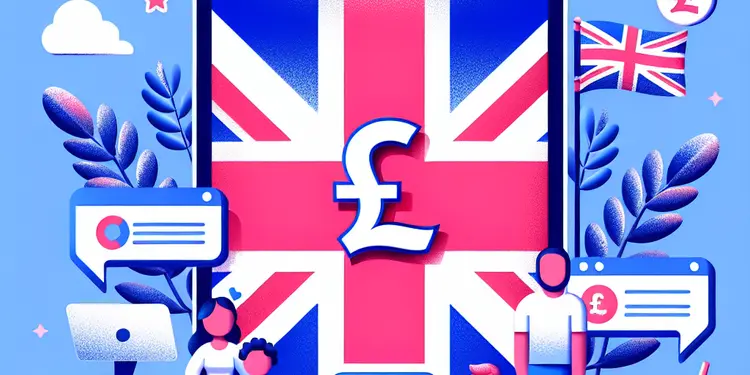
What role do parents play in the social media ban?
Relevance: 34%
-
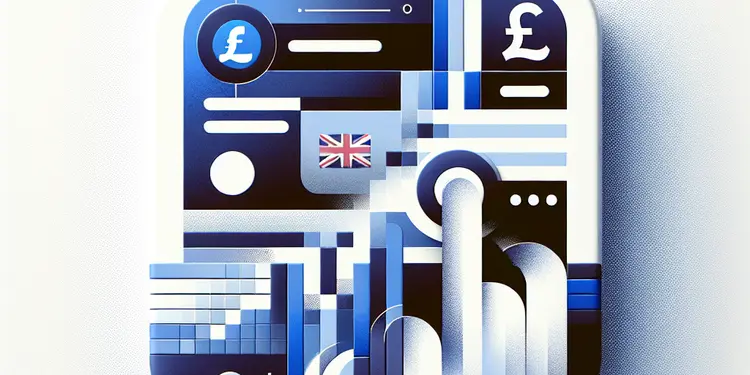
Who is pushing for a social media ban for under 16s in the UK?
Relevance: 34%
-

Why are there unfamiliar apps connected to my social media account?
Relevance: 34%
-
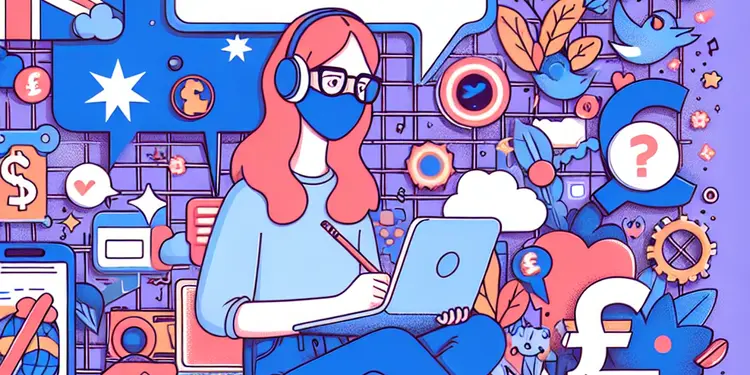
Why was the social media ban for children implemented in Australia?
Relevance: 34%
-
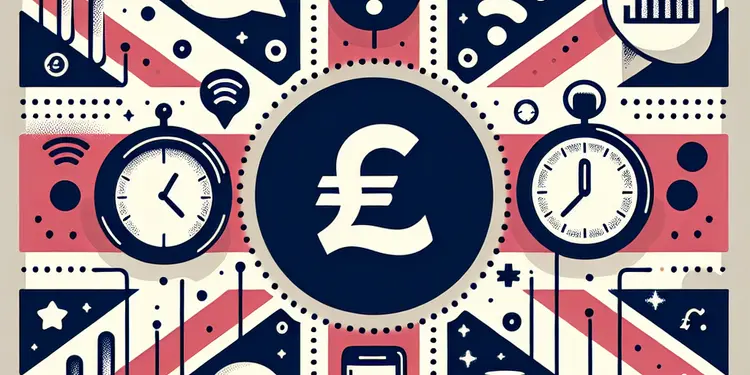
What future changes are anticipated for the social media ban?
Relevance: 33%
-
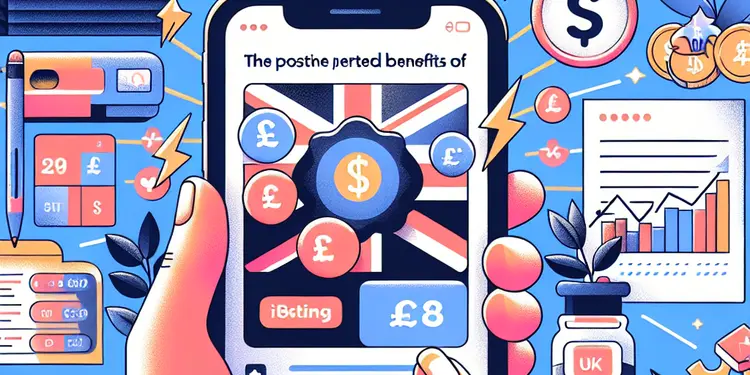
Have there been any reported benefits of the social media ban?
Relevance: 33%
-
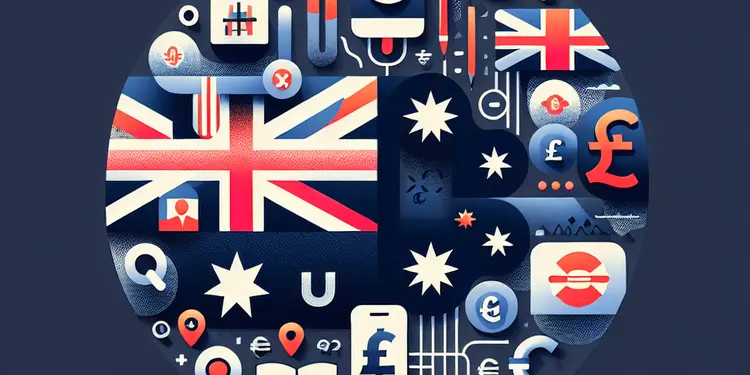
Is there any international interest in Australia's social media ban?
Relevance: 33%
-
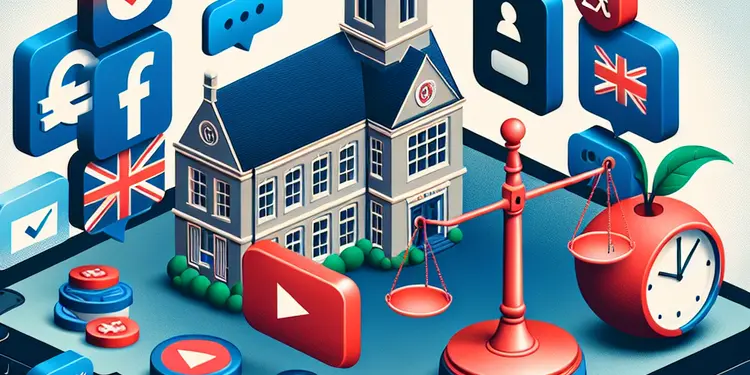
What role do schools play in supporting the social media ban?
Relevance: 33%
-
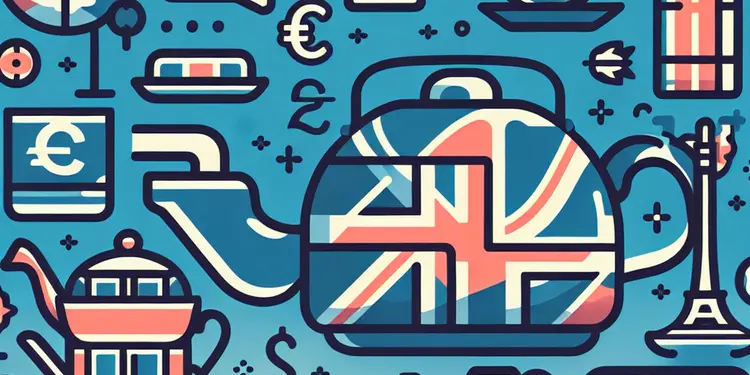
How has the social media industry reacted to the ban?
Relevance: 33%
-
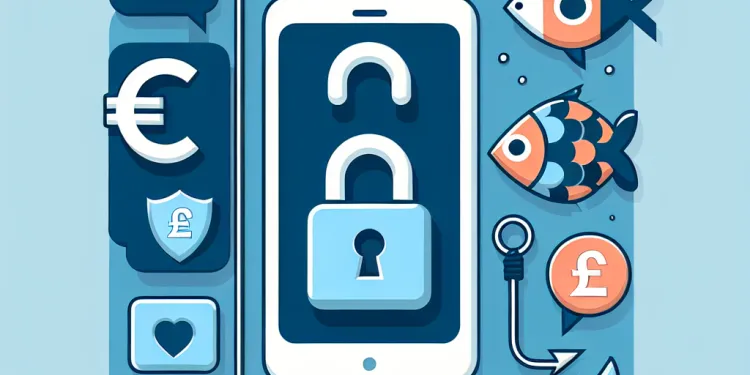
How can phishing attacks lead to social media hacks?
Relevance: 33%
-

Is the UK planning to introduce a social media ban for those under 16?
Relevance: 33%
-
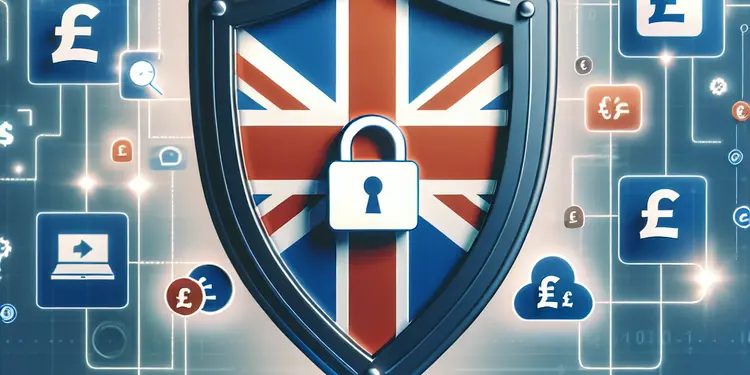
Can scammers access my information through social media?
Relevance: 33%
-
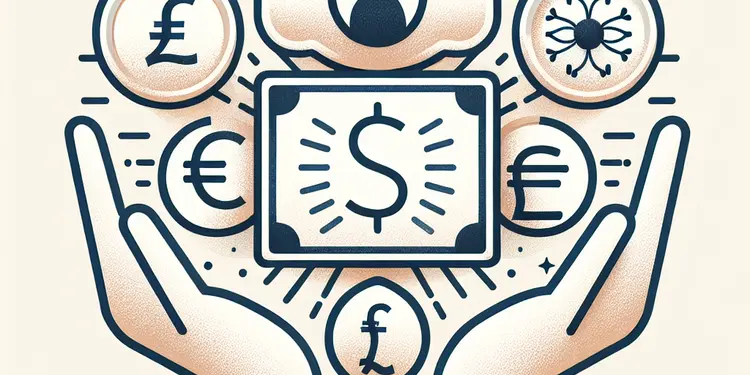
What is Social Security and how can seniors benefit from it?
Relevance: 33%
-
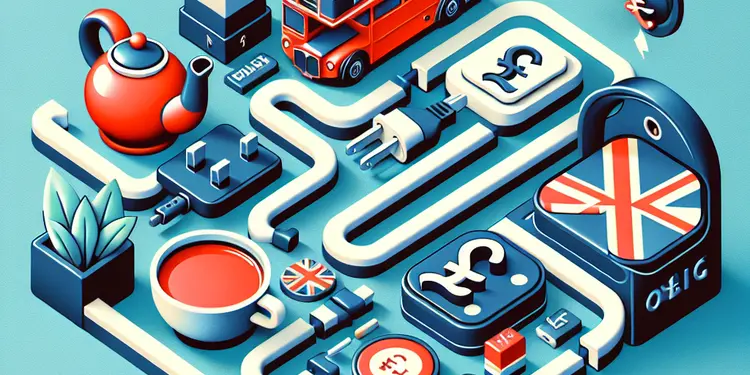
What challenges have been encountered with the social media ban?
Relevance: 33%
Social Prescribing – What is it?
Introduction to Social Prescribing
Social prescribing is an innovative approach in the healthcare system of the United Kingdom, designed to support individuals' health and well-being in a holistic manner. Rather than focusing solely on medical interventions, social prescribing connects patients with non-medical resources within their communities. This might include activities like joining a local walking group, participating in arts or crafts sessions, or getting involved in volunteering opportunities.
The Need for Social Prescribing
The traditional healthcare system primarily addresses physical ailments, but many health issues are rooted in social, emotional, and environmental factors. For instance, loneliness, stress, and lack of social support can significantly impact one's physical health. Social prescribing aims to address these factors by connecting individuals with community-based services that can improve their overall quality of life.
How Social Prescribing Works
Social prescribing typically involves healthcare professionals such as GPs, nurses, or social workers who refer patients to a "link worker" or "social prescriber." These link workers spend time with the patient to understand their needs, interests, and challenges. They then create a personalized plan to connect the patient with appropriate community resources and activities.
Benefits of Social Prescribing
Social prescribing offers numerous benefits for both individuals and the healthcare system. For patients, it can lead to improved mental health, increased physical activity, and a greater sense of community and belonging. For the healthcare system, it can reduce the burden on medical services by preventing conditions that arise from social issues and reducing frequent GP visits.
Examples of Social Prescribing Initiatives in the UK
Across the UK, various initiatives highlight the success of social prescribing. For example, "The Bromley by Bow Centre" in London provides a range of activities, from exercise classes to skills development workshops, for community members. Similarly, "Altogether Better" in Yorkshire supports individuals with long-term conditions by involving them in community-driven projects and peer support groups.
Conclusion
Social prescribing is an essential step towards a more holistic and integrated approach to healthcare in the United Kingdom. By considering the broader social determinants of health, this approach not only enhances individual well-being but also strengthens community ties and alleviates pressure on the healthcare system. As awareness grows, more communities are likely to adopt social prescribing, paving the way for healthier, more connected societies.
Social Prescribing – What is it?
Introduction to Social Prescribing
Social prescribing helps people feel better by connecting them with activities in their community. It is part of healthcare in the UK. Instead of only giving medicine, it helps people do things like join a walking group or take art classes.
The Need for Social Prescribing
Sometimes, people don’t feel well because they are lonely or stressed. This can make them sick. Social prescribing helps by connecting people with community services. This can help them feel happier and healthier.
How Social Prescribing Works
Doctors, nurses, or social workers might suggest social prescribing. They connect people with a "link worker." The link worker talks to the person about what they like and what they need. Then, they help them find activities and support in the community.
Benefits of Social Prescribing
Social prescribing helps people feel better. They might feel less lonely and more active. The healthcare system also benefits because people might not need to see the doctor as often.
Examples of Social Prescribing Initiatives in the UK
There are many examples of social prescribing in the UK. In London, "The Bromley by Bow Centre" offers exercise classes and workshops. In Yorkshire, "Altogether Better" helps people work together on community projects.
Conclusion
Social prescribing is important for health in the UK. It helps people feel better by looking at all parts of their life, not just medical issues. More people are using social prescribing, and this helps make communities stronger and healthier.
Frequently Asked Questions
What is social prescribing?
Social prescribing is a means of enabling healthcare professionals to refer patients to a range of local, non-clinical services to support their health and wellbeing.
Who can benefit from social prescribing?
Anyone can benefit from social prescribing, particularly people with complex needs who may be impacted by social, economic, or environmental factors.
What types of activities are involved in social prescribing?
Activities can include arts and creativity, group learning, gardening, cooking, physical activities, volunteering, and befriending.
How do I get referred for social prescribing?
You can be referred by your GP, nurse, or other healthcare professional who may then connect you with a link worker or community navigator.
What is a link worker?
A link worker, also known as a community connector, helps you identify issues affecting your wellbeing and connects you to local services and activities.
Is social prescribing free?
Many social prescribing services are free, but some activities may have a cost involved. It’s best to check with your link worker.
Can social prescribing help with mental health issues?
Yes, social prescribing can be particularly beneficial for mental health by addressing social isolation, improving self-esteem, and reducing stress.
How does social prescribing relate to traditional healthcare?
Social prescribing complements traditional healthcare by addressing non-medical factors that influence health and wellbeing, offering a more holistic approach.
Are there any success stories of social prescribing?
Yes, many success stories demonstrate improved quality of life, reduced GP visits, and enhanced community engagement among participants.
Does social prescribing have evidence to support its effectiveness?
Research and pilot programs have shown positive outcomes, though continued evaluation and study are needed for broader evidence.
What should I expect during my first meeting with a link worker?
In the first meeting, a link worker will discuss your needs, interests, and goals to develop a personalized plan connecting you to appropriate services.
Can social prescribing services be tailored to individual needs?
Yes, social prescribing is highly personalized, focusing on the individual’s unique circumstances, preferences, and needs.
What role do community organizations play in social prescribing?
Community organizations provide the activities and services that form the basis of social prescribing, offering support and opportunities to improve wellbeing.
How is social prescribing funded?
Funding can come from the NHS, local government, charities, and other organizations dedicated to improving public health and wellbeing.
What should I do if there are no social prescribing services available in my area?
Speak with your healthcare provider or local health authority for information on available resources, and consider alternative support networks and community groups.
What is social prescribing?
Social prescribing is a way for doctors to help people feel better. Instead of just giving medicine, doctors can suggest fun activities or support groups. This can help you meet new friends, learn new things, and feel happier.
Doctors might suggest doing activities like:
- Joining a local club or group, like art or sports
- Volunteering to help others
- Joining a support group to talk about feelings
If you want to try social prescribing, ask your doctor for more information. They can help you find the right activities. You can also bring a friend or family member to join in with you.
Social prescribing is a way for doctors and nurses to help people by sending them to local places and activities that can make them feel better and healthier.
Who can get help from social prescribing?
Social prescribing can help many people feel better. It is good for:
- People who feel lonely.
- People who feel sad or worried.
- People who want to meet new friends.
- People who want to learn new things.
It connects people with activities or support in their community.
Helpful tools: Sometimes, it helps to talk to someone about how you feel. Writing down thoughts or drawing pictures can also be useful.
Anyone can get help from social prescribing. It can help people with different needs. This might include things like money worries, feeling lonely, or needing support to live better.
Using simple tools can help, like:
- Talking to a friendly person about your worries.
- Joining a club or hobby group.
- Getting support from a helper.
What things can you do with social prescribing?
Social prescribing is a way for people to feel better by doing fun and helpful activities. Here are some things you can do:
- Join a walking group to get fresh air and make friends.
- Take a cooking class to learn how to make yummy meals.
- Do some gardening to enjoy nature and grow plants.
- Try a yoga or dance class to move your body and feel good.
- Visit a community center to meet new friends and play games.
These activities can help you feel happy, meet new people, and stay healthy.
To explore more activities, you can talk to your doctor or visit your local community center. They can help you find fun things to do that you will enjoy.
Things you can do are: making art, learning with friends, gardening, cooking, moving your body, helping others, and making new friends.
How can I get help from social prescribing?
Your doctor, nurse, or healthcare worker can help you. They can connect you with a special person to help, like a link worker or community navigator.
What is a link worker?
A link worker is a person who helps you find the right support. They talk to you about what you need. They help you connect with people and services that can help you feel better.
If you need help, a link worker is someone you can go to. They listen and guide you to the right place. They make sure you get the help you need.
You can use drawings and charts to help you understand what a link worker does. You can also use apps like voice readers to help read information aloud.
A link worker is a friendly person who helps you find things that make you feel good. They help you with problems and help you find fun activities and helpful services nearby.
Do you have to pay for social prescribing?
Social prescribing usually does not cost any money. This means it is free. But sometimes, there might be small costs. It is a good idea to ask if there is anything to pay.
If you have trouble understanding, you can ask someone to help explain it.Using pictures or asking a friend can also help.
Most social prescribing services do not cost money. But, some activities might cost something. It is a good idea to ask your link worker if you need to pay.
Can getting help from community activities make you feel better?
Sometimes, doing things in your community can help if you feel sad or worried. This is called social prescribing. It means talking to someone who can connect you with activities or groups that might help you feel better. These could be things like joining a club, taking a class, or volunteering. Doing these activities can make you feel happier and less lonely.
Some things you can try:
- Join a local club or group that you enjoy.
- Take part in a class to learn something new, like art or music.
- Volunteer to help others in your community.
If you want to try this, talk to a friend, family member, or a doctor. They can help you find the right activities.
Tools that might help you:
- Use reminders or lists to keep track of activities you like.
- Find and join groups on the internet that have the same interests as you.
- Ask for help from someone you trust to get started.
Yes, social prescribing can help your mental health a lot. It can stop you from feeling lonely, make you feel better about yourself, and help you feel less stressed.
If reading is hard, you might like audiobooks or talking to someone who can help. You can also try using large print books or reading apps with big text. It's okay to ask for help!
How does social prescribing work with regular healthcare?
Social prescribing is a way to help people feel better, like when you visit a doctor. It is when you get help to do activities that make you happy and healthy, like joining a club or walking in the park.
Social prescribing and regular healthcare work together. Regular healthcare is when you see a doctor or nurse. Social prescribing adds activities that help you feel good, like making new friends or learning something new.
To understand more, you can:
- Ask your doctor about social prescribing.
- Use pictures to make it easier to understand.
- Talk about it with a friend or family member.
Social prescribing is a way to help people feel better by looking at more than just medicine. It helps with other things that can affect how you feel, not just illness. This way, it takes care of the whole person.
Here are some things that might help:
- Join a local club or group to make friends.
- Try activities like walking or art classes.
- Talk to someone if you feel worried or sad.
Can you tell me some success stories about social prescribing?
Yes, there are many good stories that show people’s lives getting better. They visit the doctor less and join in more with their community.
Does social prescribing work well?
Social prescribing is when doctors help people by suggesting community activities instead of just medicine.
These activities can be joining a club, gardening, or meeting new people.
Some people ask if social prescribing really helps.
To find out, we can look at evidence.
This means checking if people feel better after trying these activities.
Doctors and researchers study this to see what works best.
If you want to know more or try social prescribing, you can ask at a doctor's office or community center.
There are also videos and websites that can help explain more.
Some small tests and studies show good results. We need to keep looking to know for sure.
What happens at my first meeting with a link worker?
When you meet your link worker for the first time, you can expect to talk about what help you need. A link worker is someone who helps you find the right support.
During this meeting, you will have a chance to ask questions and talk about how you feel. The link worker will listen to you and help make a plan just for you.
To make this easier, you can bring a notebook to write down important things. If you feel nervous, you can ask a friend or family member to come with you.
Remember, this meeting is to help you. It’s okay to say what you want and need. Your link worker is there to support you.
In the first meeting, a helper will talk with you about what you need, like, and want. They will make a special plan just for you. This plan will help you find the right services.
Can social prescribing services be made to fit what each person needs?
Social prescribing services try to help people by suggesting activities and support that can make them feel better. But can these services be changed to fit what each person needs?
Here is how this can be done:
- Talk to the person: Spend time learning what they like and what they need help with.
- Offer choices: Give different activities and supports so they can choose what they like.
- Check in often: Ask if the help is good and see if anything needs to change.
Tools like picture cards and simple apps can help people understand and choose what they want. Friends or family can help too!
Yes, social prescribing is all about helping you in a special way, just for you. It looks at what you like, what you need, and your own situation.
How do community groups help with social prescribing?
Community groups are important. They help people feel better in many ways.
- These groups can be clubs or places where people meet and talk.
- They help people make new friends.
- They can have fun activities like crafts, sports, or gardening.
Here are some tools that can help understand more:
- Picture cards: Use pictures to show what the groups do.
- Videos: Watch videos that explain the activities in a simple way.
- Support person: Ask someone to help explain things if needed.
Community groups help people feel better. They have activities and services that help people have fun and stay healthy.
Who pays for social prescribing?
Money to help can come from the NHS (which is the healthcare service), local government, charities, and other groups that want to make people healthy and happy.
What can I do if there are no social prescribing services near me?
If you can't find social prescribing services where you live, try these ideas:
- Ask your doctor or nurse for help. They may know other ways to support you.
- Look for local community groups. They can be fun and helpful.
- Try online support. There are many helpful websites and groups.
- Talk to friends and family. They can give you ideas and support.
- Check local libraries or community centers. They may have information and activities.
Keep asking questions and looking for help. People want to support you.
Talk to your doctor or local health service. They can give you information on help you can get. You can also reach out to community groups for support.
Useful Links
Have you found an error, or do you have a link or some information you would like to share? Please let us know using the form below.
-->
This website offers general information and is not a substitute for professional advice.
Always seek guidance from qualified professionals.
If you have any medical concerns or need urgent help, contact a healthcare professional or emergency services immediately.
Some of this content was generated with AI assistance. We’ve done our best to keep it accurate, helpful, and human-friendly.
- Ergsy carfully checks the information in the videos we provide here.
- Videos shown by Youtube after a video has completed, have NOT been reviewed by ERGSY.
- To view, click the arrow in centre of video.
- Most of the videos you find here will have subtitles and/or closed captions available.
- You may need to turn these on, and choose your preferred language.
- Go to the video you'd like to watch.
- If closed captions (CC) are available, settings will be visible on the bottom right of the video player.
- To turn on Captions, click settings .
- To turn off Captions, click settings again.
More Items From Ergsy search
-

Social Prescribing
Relevance: 100%
-

Social Prescribing
Relevance: 100%
-

What is a social prescriber?
Relevance: 94%
-

Social prescribing – what is it?
Relevance: 94%
-

Social prescribing in practice: supporting social prescribing link workers
Relevance: 94%
-

Social Prescribing in Greater Manchester
Relevance: 89%
-

Introducing Social Prescribing - short video
Relevance: 86%
-

Social prescribing in south east London
Relevance: 85%
-

What is a social prescriber, and how do they support general practice?
Relevance: 78%
-

How can a Social Prescribing Link Worker help you? #MeetYourGPTeam
Relevance: 73%
-

Social Prescribing Link Workers are part of new health and wellbeing services in NHS surgeries
Relevance: 69%
-

Do chiropractors prescribe medications?
Relevance: 50%
-

Sean's Story - There is another way. Information for prescribers
Relevance: 45%
-

Who can prescribe homeopathic remedies?
Relevance: 45%
-

What medications are commonly prescribed for heart failure?
Relevance: 42%
-

What drugs are commonly prescribed to reduce the risk of heart attacks?
Relevance: 40%
-

Can ketamine be prescribed for mental health conditions?
Relevance: 37%
-

What are the social consequences of binge drinking?
Relevance: 37%
-

Who might be prescribed Baxdrostat?
Relevance: 37%
-

Is there public support for the social media ban in Australia?
Relevance: 35%
-

Submitted Addressing Social Inequalities: Initiatives and Challenges in the UK
Relevance: 35%
-

Are there any criticisms of the social media ban for children?
Relevance: 35%
-

Is the UK introducing a Social Media ban for under 16's?
Relevance: 35%
-

How does social media contribute to the loneliness epidemic?
Relevance: 34%
-

What is the social media ban for children in Australia?
Relevance: 34%
-

Strategies for Reducing Loneliness and Social Isolation in Urban Areas
Relevance: 34%
-

What role do parents play in the social media ban?
Relevance: 34%
-

Who is pushing for a social media ban for under 16s in the UK?
Relevance: 34%
-

Why are there unfamiliar apps connected to my social media account?
Relevance: 34%
-

Why was the social media ban for children implemented in Australia?
Relevance: 34%
-

What future changes are anticipated for the social media ban?
Relevance: 33%
-

Have there been any reported benefits of the social media ban?
Relevance: 33%
-

Is there any international interest in Australia's social media ban?
Relevance: 33%
-

What role do schools play in supporting the social media ban?
Relevance: 33%
-

How has the social media industry reacted to the ban?
Relevance: 33%
-

How can phishing attacks lead to social media hacks?
Relevance: 33%
-

Is the UK planning to introduce a social media ban for those under 16?
Relevance: 33%
-

Can scammers access my information through social media?
Relevance: 33%
-

What is Social Security and how can seniors benefit from it?
Relevance: 33%
-

What challenges have been encountered with the social media ban?
Relevance: 33%


